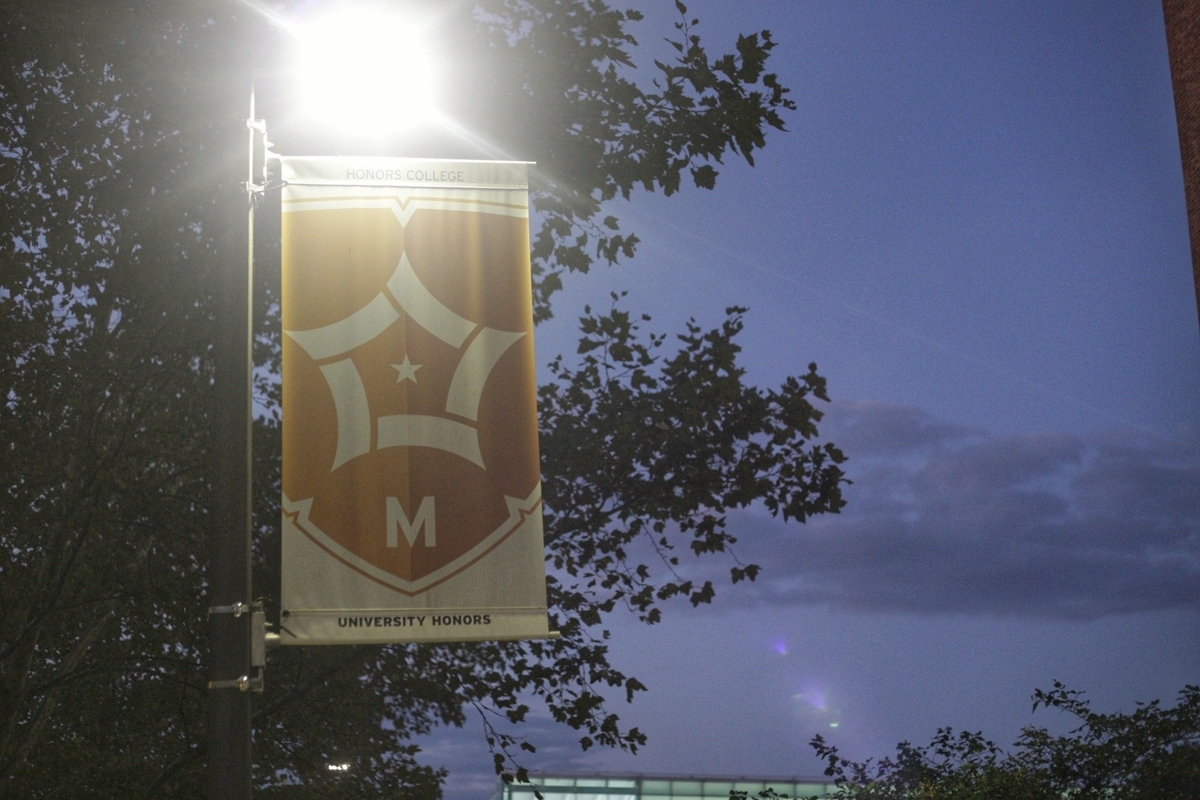Former Afghan Ambassador to Canada and France, Omar Samad, will take on a completely different role next year, as he will teach an honors course on radicalism that was canceled this semester.
“I’m very excited and looking forward to a new experience in my life,” Samad said. “I look forward to a change and experience that can enrich not only the students, who will be a part of this seminar, but as well a learning experience for myself.”
HONR378Q: Radicalization within Islam: 21st Century Drivers, Challenges and Policy Choices — a partnership course between the University of Maryland’s honors college and the American University of Afghanistan — was canceled earlier this semester because of a terrorist attack in August that killed 13 people.
This class was supposed to be taught last semester, but was canceled after two terrorists attacked the AUAF campus with explosives and automatic weapons, according to a Diamondback article.
Samad came to the United States as a refugee from Afghanistan in 1980, and he has been involved in Afghanistan-related issues ever since, he said.
“After the tragedies of 9/11 in 2001, I found myself in Afghanistan joining the new Afghan government and becoming part of the foreign ministry,” Samad said. “That later led to becoming an ambassador … I dealt with diplomatic issues at that level for almost 12 years.”
Cathy Barks, the associate director of the Honors College, helped to recruit Samad and added that he is the right person to teach this class.
“It’s going to be wonderful having him on campus because of the experience that he has,” Barks said. “This is such an important issue … it’s an issue that effects all of us in different ways.”
The class will discuss radicalism and how exactly it “manifest[s] itself in religion, especially in Islam,” Samad said.
“There will be a lot of talk about extremism, radicalism and Islam,” he said. “There is no single agreement on what to call it … like any other religion in my view, you can have a diversity of views within this religion.”
Sophomore Jessica Baer said that although she does not plan to take the class next semester due to scheduling conflicts, she found the course description captivating and would like to take it in the future.
“I was really intrigued when I saw the description because there are not that many opportunities that you have to have that ability to interact with people from a different university, especially one from a different country,” said Baer, a bioengineering major.
Baer added that understanding different concepts to learn about different cultures can help students such as herself to be more conscious of how to view and interact with others.
“We sometimes view cultures as what we just hear about them,” she said. “People just associate an entire culture with one event, so I think it’s really important to understand the difference between a culture and the radicalized version of the culture.”
One example of what students can expect in the class is a discussion about how “many people who are considered radicalized can be considered people who are willing to die and kill,” Samad said. As a part of the course, students will also talk about poverty, political frustration, and the misinterpretation of different types of information and texts, he added.
“I want the students to think about what this means,” he said. “Is it derived from religion or not? … And what to do about this problem in order to prevent any type of harm that may be facing people who are innocent.”
CORRECTION: Due to a reporting error, a previous version of this story referenced the old title of the honors course, which has since been renamed. This story has been updated.



